A new Idaho law is keeping child sexual assault
victims from receiving care
BOISE, Idaho – An Idaho law banning minors from receiving healthcare without parent approval has created a thorny new legal problem. If a child is raped by their parent, Idaho medical providers now require that parent’s permission to administer the rape kit that would prove their own guilt.
Preventing young people from receiving medical care of their own accord has long been a priority for Republicans throughout the Gem State. A provision asserting that parents have “the supreme authority” to make medical decisions for their children was published in the Idaho GOP’s platform in June.
Idaho Senate Bill 1329 brought that platform item to fruition this July, giving parents ultimate discretion over their children’s medical decisions after a national conservative push to keep young people from receiving gender-affirming medical care.



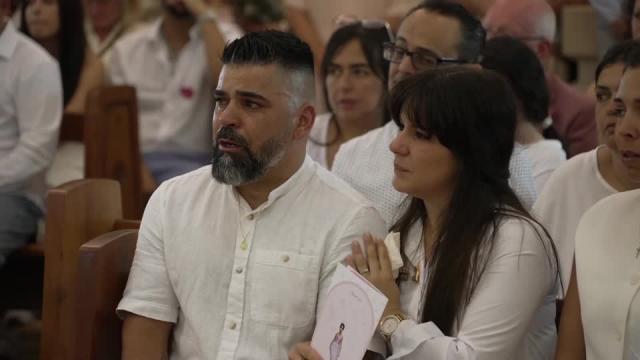
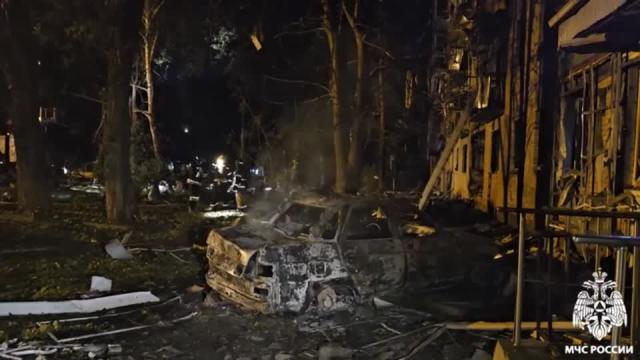
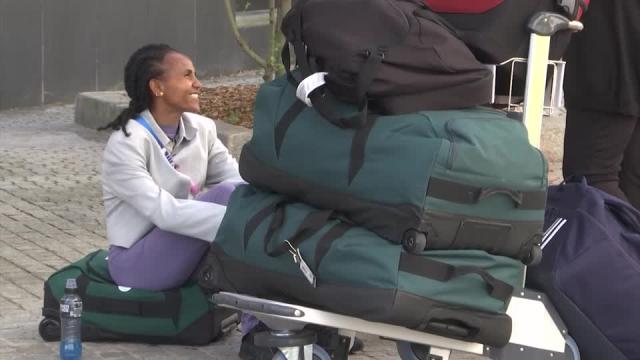

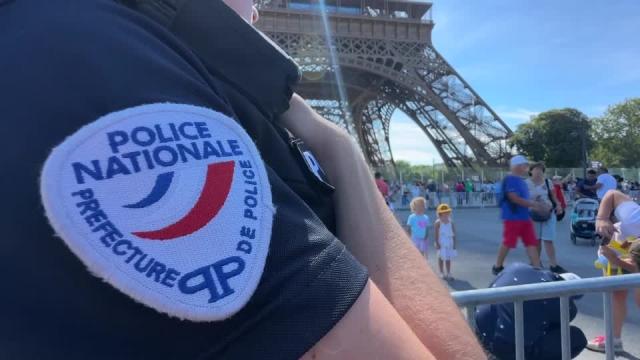

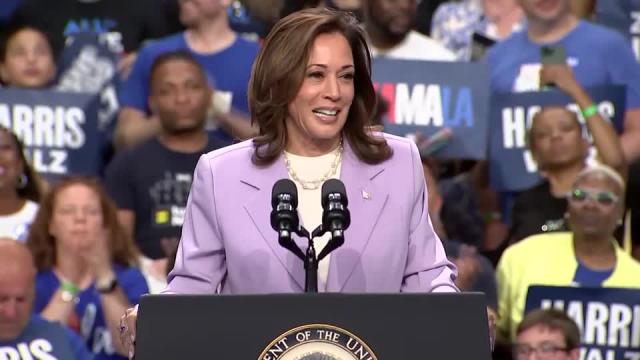
"Children...often lack maturity and make choices without considering either immediate or long-term consequences," the bill's statement of purpose said.
The Idaho ACLU condemned the law before it went into effect, saying that it endangered the health and autonomy of teenagers.
“It interferes with young people’s ability to confidentially access health care, contradicting long-standing medical and research-backed best practices,” an ACLU statement said.
Idaho State Police’s sexual assault nurse coordinator told Idaho Reports that the new law prevents law enforcement from administering rape kits to minors without parental permission.
SB 1329’s legal impact was evident in recently revamped healthcare statements issued by St. Mary’s Health and Clearwater Valley Health, Terry Reilly Health Services and a cohort of other providers making it clear that minors will not be offered non-emergency care without parental permission.
Children were already not allowed to receive medical care without parental permission in the majority of cases before the passage of SB 1329 according to the American Medical Association, but exceptions for emergency and sexual healthcare are in place in several states including Washington.
State Representative Lauren Necochea (D) condemned the law on Friday, saying that it would further traumatize victims of sexual assault.
“Imagine a young rape victim being further traumatized by the inability to access necessary medical care because a parent who may not even believe her may not be available to provide permission or who may be the perpetrator is legally allowed to block it,” Necochea said.





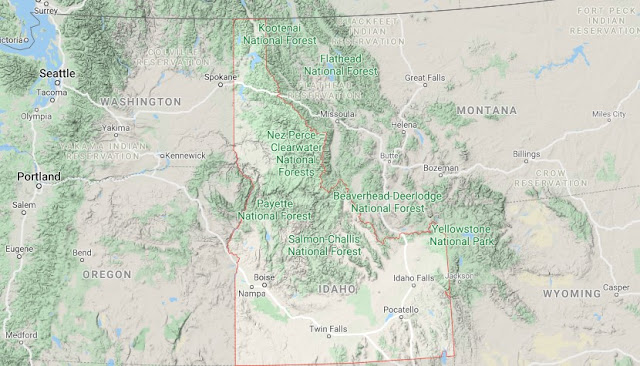
No comments:
Post a Comment